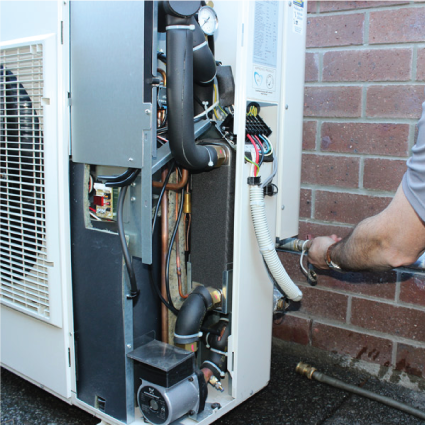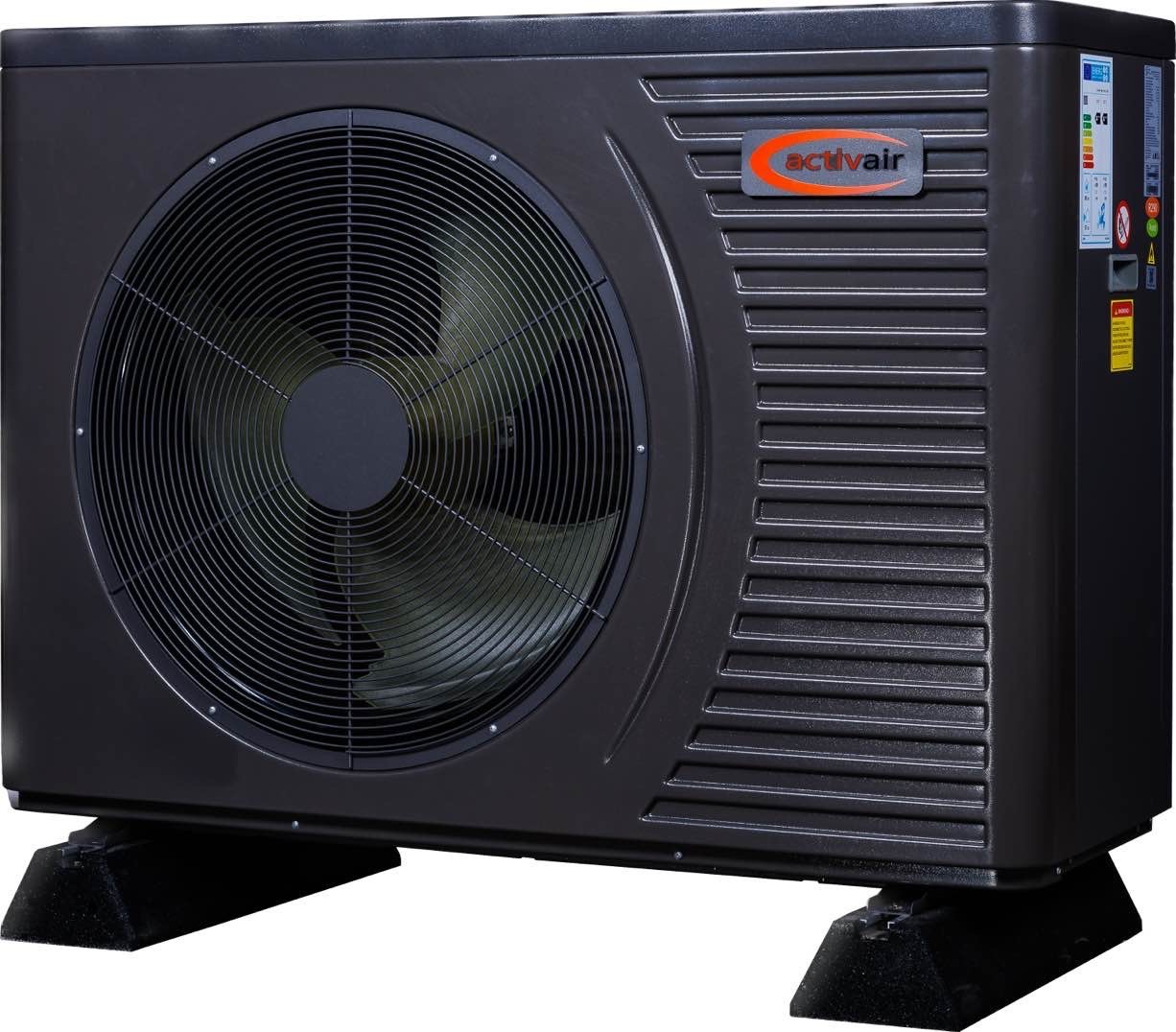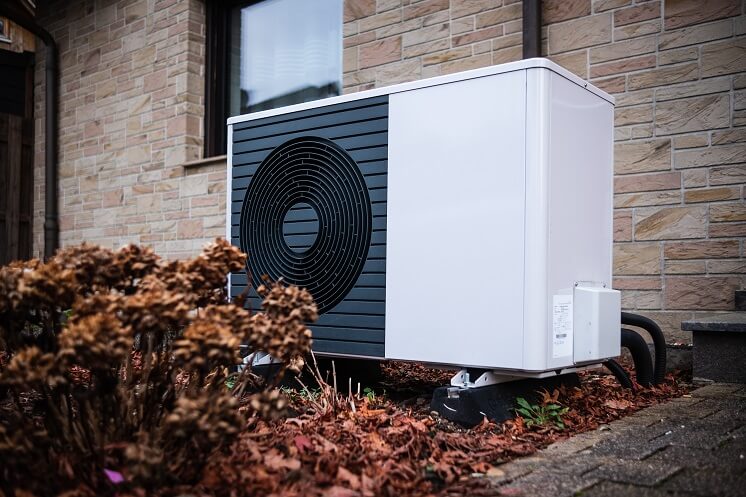If you aspire to embrace eco-friendly practices but encounter financial barriers to investing in solar panels, there are alternative ways to contribute, such as improving your home’s Energy Performance Certificate (EPC).
Regardless of whether you are a homeowner, renter, landlord, or tenant, it’s crucial to understand the importance of an EPC.
Introduced in the UK in 2007, EPCs have become a legal requirement for the sale, lease, or construction of a building. However, what exactly do they involve?
This article will comprehensively cover all aspects of EPCs, including their operation, content, mandatory necessity, and the process of obtaining one.

What's on this page?
What is an Energy Performance Certificate?
The primary purpose of an Energy Performance Certificate is to indicate the level of energy efficiency of a building.
This certificate assigns a rating from A to G, with ‘A‘ representing high efficiency and ‘G‘ signifying inefficiency. Additionally, the certificate outlines the anticipated costs of heating and lighting the property, along with the projected carbon dioxide emissions of the building.
Beneath the overall rating, the EPC offers suggestions on how to enhance energy efficiency and reduce expenses within the building. It is important to note that the figures provided in an EPC are not personalized to your specific circumstances, household, or lifestyle; rather, they are based on a ‘typical‘ household in that particular property.
Should you choose to implement any of the recommendations outlined in the EPC, obtaining a new certificate that incorporates these enhancements is certainly worthwhile.
How is an Energy Performance Certificate calculated?
As mentioned previously, Energy Performance Certificates (EPCs) utilize a rating scale from A to G, and these ratings are not arbitrarily assigned.
To determine the energy efficiency category of a residence, a certified domestic energy assessor conducts an examination of the property to identify potential sources of energy loss. This process involves assessing the efficiency of the heating and water systems, inspecting the insulation throughout the property, and evaluating features such as double glazing and energy-efficient light bulbs within the premises.
Each aspect of the assessment is assigned a score based on its efficiency and condition. These scores correspond to the following points system:
92-100 points = EPC rating A
81-91 points = EPC rating B
69-80 points = EPC rating C
55-68 points = EPC rating D
39-54 points = EPC rating E
21-38 points = EPC rating F
1-20 points = EPC rating G
Subsequently, following the completion of the assessment, the assessor calculates the property’s energy efficiency and issues an EPC rating for the residence.
Do you need an Energy Performance Certificate?
Indeed, every property must possess an EPC, and the certificate must be accessible to potential buyers once the property is listed for sale.
The EPC is a legal requirement in both the commercial and residential sectors, and it is governed by increasingly stringent regulations. Additionally, the certificate must be furnished by an approved domestic energy assessor.
It is not only essential to have an EPC, but it is also crucial to attain a favorable rating. The Minimum Energy Efficiency Standards (MEES), which were enforced in April 2018, stipulate that landlords with an EPC rating of ‘F’ or ‘G’ are prohibited from renewing existing leases unless they enhance the property to achieve a minimum rating of ‘E’.
How do you get an Energy Performance Certificate?
In the UK, only accredited domestic energy assessors can produce valid EPCs.
How can you find an approved assessor?
- For organisations in England and Wales, visit Landmark
- For organisations in Northern Ireland, visit Landmark for Northern Ireland
- For organisations in Scotland, visit the Scottish EPC Register
If you’re selling your home through an agent, you should ask them to arrange for a Home Report, which will include an energy report and EPC.
How much does an Energy Performance Certificate cost?
The typical expense for an EPC generally ranges from £35 to £120, and this range can vary considerably based on several factors, such as:
- The size of your residence
- The location of your property (e.g., urban areas like London may incur higher costs than rural regions)
- The type of property you inhabit
- The number of bedrooms in your residence
Furthermore, EPC costs can differ among individual assessors, so it is advisable to compare quotes to ensure that you secure the most favorable deal.
It is also important to note that if any tenants or potential buyers request to view the EPC rating, you are mandated to provide it to them at no cost.
How long is an Energy Performance Certificate valid for?
Once a decade has passed, it is a legal requirement to obtain a new EPC rating as each EPC rating remains valid for 10 years. This regulation is in place to ensure that potential buyers and renters have access to an accurate and current assessment of the property’s energy efficiency.
Do landlords have to provide an Energy Performance Certificate?
Landlords and letting agents must comply with the legal obligation to obtain an EPC for any property they own. Failure to provide an EPC could result in significant fines. Below, we have detailed the cost of acquiring an EPC in comparison to the penalties for not having one or having one that falls below the minimum requirements.
| EPC procedure | Average cost |
|---|---|
| EPC | £35-£120 |
| Fine for failing to get an EPC | £200 |
| Maximum cost of bringing your property to band E | £3,500 |
| Fine for failing to bring your property to band E | £4,000 |
Do commercial buildings need an Energy Performance Certificate?
Since early 2013, all commercial properties exceeding 500 square meters and regularly frequented by the public are required to exhibit a valid EPC. Additionally, the certificate must be prominently displayed and easily visible to the public.
Summary
Obtaining an EPC is straightforward – once you contact an approved assessor, you can relax and let them handle the process. If your rating is lower than expected, there are steps you can take to enhance it, such as implementing energy-saving features in your home.
Find out how much a heat pump would cost you
Complete A Short Form – Receive Free Quotes – Compare & Save
Find out how much a heat pump would cost you
Complete A Short Form – Receive Free Quotes – Compare & Save



























